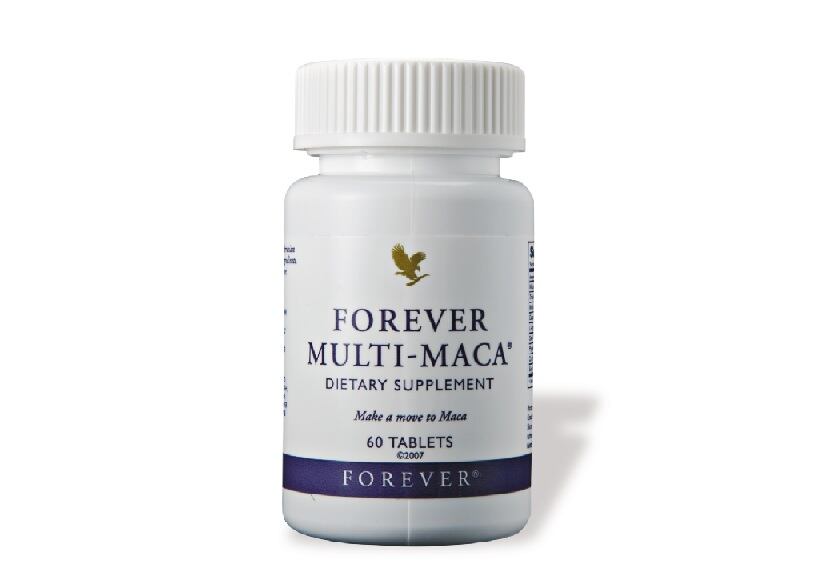The ruling comes as the latest example of the Authority’s attempt to negotiate the complex terrain of commercial responsibility on social media, particularly concerning multi-level marketing (MLM) businesses.
A British woman and administrator of the 658-member Facebook group ‘Forever Living A Plan To Healthier Alternative Products’, Lynette Heywood, copied and pasted an advert for Forever Living Products UK Ltd’s supplement Multi-Maca.
Like all products from the network marketing company Forever Living Products, the so-called ‘sex herb of the Incas’ is sold by “independent distributors, who were not employees, but independent business owners”.
Forever Living Products Ltd promises big rewards for distributors
“The Forever opportunity has helped millions of people all over the world look better, feel better and live the life of their dreams. Discover Forever’s Incentives and learn how you can build your own business and have the life you deserve,” it writes on its website.
“Earn global travel, cash bonuses, a new car, recognition for your hard work, network with world business leaders and more!”
Forever Living Products told the ASA it was not aware of Heywood’s public Facebook group, which was created last September, until it received details of the complaint.
It said a number of posts on the page breached its own policies and it had “subsequently suspended the advertiser’s account until the issues had been resolved”.
All posts from the Facebook group have now been deleted.
In December, Forever Living Products created a Social Media Code of Conduct, which its distributors are now expected to comply to.
Multi-level marketing
Referral marketing, network marketing and multi-level marketing companies are legal if distributor income is based on sales to the public.
If the income is based on the number of people recruited and sales to them, this may be considered an illegal pyramid scheme.
Either way such businesses rely on the sellers themselves to promote the products, and this can mean a complex structure of responsibility when it comes to advertisement compliance.
Heywood said she was not aware the Facebook post would be considered advertising.
The ASA told us it had the issue mapped out clearly, and considers something an advertisement if it is “directly connected with the supply or transfer of goods”.
“What we’re not here to do is regulate editorial content or opinion and we don’t have a role to play in regulating ‘word of mouth’, i.e. other users commenting on a product or service that they like or recommend,” ASA press officer Matt Wilson told us.
“However, if a marketer was to adopt user-generated content for the purposes of their own website/social media space, i.e. adopting tweets/comments/postings etc about their products made by a follower/third party and incorporating them into their own claims in their own media space, then we may consider that the material becomes advertising and therefore subject to the rules.”
Last year the ASA penalised

MLM specialist Le-Vel Brands for the social media marketing of its probiotic botanical drink by one of its promoter-come-customers.
Fertile ground
Heywood's post on the product containing maca, or Lepidium Meyenii, stated: "BENEFITS Increases sperm volume and count (Up to 200%) and formation of new sperm. Increases testosterone level in men. Enhances fertility and corrects hormonal imbalance in women".
Meanwhile the company’s official website claims the product is a “known as the sex herb of the Incas”, which can help “promote libido, stamina and energy”.
There are several on-hold botanical health claims for Lepidium Meyenii in the EU, which can be used legally until they are officially processed.
These refer to the maintenance of ‘sexual activity and energy’, ‘physical and mental performance’, and ‘optimal stamina, feelings and vitality’.
Neither Lynette Heywood nor Forever Living Products responded to our request for comment in time for the publication of this article.
